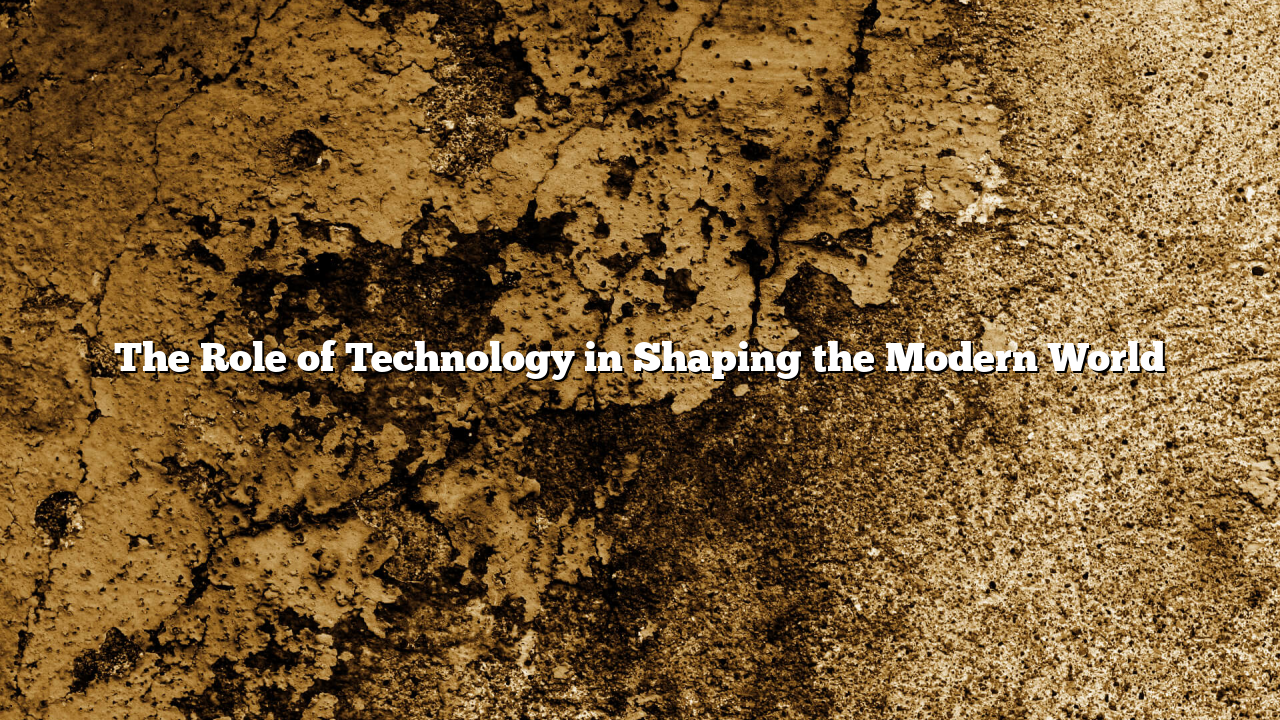Technology has become one of the most influential forces in shaping modern civilization. From communication to healthcare, transportation, education, and entertainment, technological innovations continue to transform the way people live, work, and interact. The rapid advancement of digital tools and systems kingindo127 has brought countless opportunities, while also introducing new challenges that societies must address.
One of the most significant areas where technology has had a profound impact is communication. In the past, letters or face-to-face meetings were the primary means of exchanging information. Today, digital communication platforms such as email, social media, and instant messaging allow people to connect across the globe in real time. Video conferencing has revolutionized business operations, enabling global collaboration without the need for physical travel. This has not only made communication more efficient but also more inclusive, bridging gaps between people from different regions and cultures.
Another field transformed by technology is healthcare. Modern medical devices, advanced diagnostic tools, and telemedicine have dramatically improved patient care. Artificial intelligence is increasingly being used to detect diseases at an early stage, while robotic-assisted surgeries have made complex operations more precise and less invasive. Wearable devices such as smartwatches now help individuals monitor their own health, encouraging a more proactive approach to wellness. These innovations not only extend life expectancy but also enhance the overall quality of life.
In education, technology has opened doors to new methods of teaching and learning. Digital platforms and online courses allow students to access knowledge from anywhere in the world. Virtual classrooms and e-learning tools became especially vital during the COVID-19 pandemic, ensuring that education could continue despite global disruptions. Moreover, technologies like virtual reality (VR) and augmented reality (AR) are making learning more interactive and engaging, providing experiences that traditional classrooms cannot offer.
The business sector has also been revolutionized by technology. Automation and artificial intelligence have streamlined processes, reducing human error and increasing efficiency. E-commerce platforms now dominate retail, allowing consumers to shop online with ease. Cloud computing has enabled businesses to store and process data more securely while remaining scalable. However, this digital transformation also presents challenges, particularly in terms of cybersecurity. With sensitive data being stored online, protecting information from cyberattacks has become a top priority.
Transportation has seen remarkable progress as well. Electric vehicles (EVs) are becoming more popular, offering sustainable alternatives to traditional fuel-powered cars. High-speed trains, smart traffic systems, and even experimental concepts like hyperloop technology promise to reshape how people move from one place to another. Additionally, advancements in space technology are opening the possibility of space tourism and interplanetary exploration, marking a new era in human mobility.
Despite these benefits, the rapid evolution of technology also raises important ethical and social questions. Issues such as job displacement due to automation, digital privacy concerns, and the growing digital divide between developed and developing nations must be carefully addressed. Policymakers, innovators, and society at large have the responsibility to ensure that technological progress benefits everyone, not just a select few.
In conclusion, technology is a double-edged sword that brings both opportunities and challenges. It has redefined nearly every aspect of modern life, offering tools that improve communication, healthcare, education, business, and transportation. At the same time, it requires careful management to avoid potential negative consequences. As technology continues to evolve, the world must strive to harness its potential for the greater good, ensuring that innovation leads to progress that is inclusive, ethical, and sustainable.
